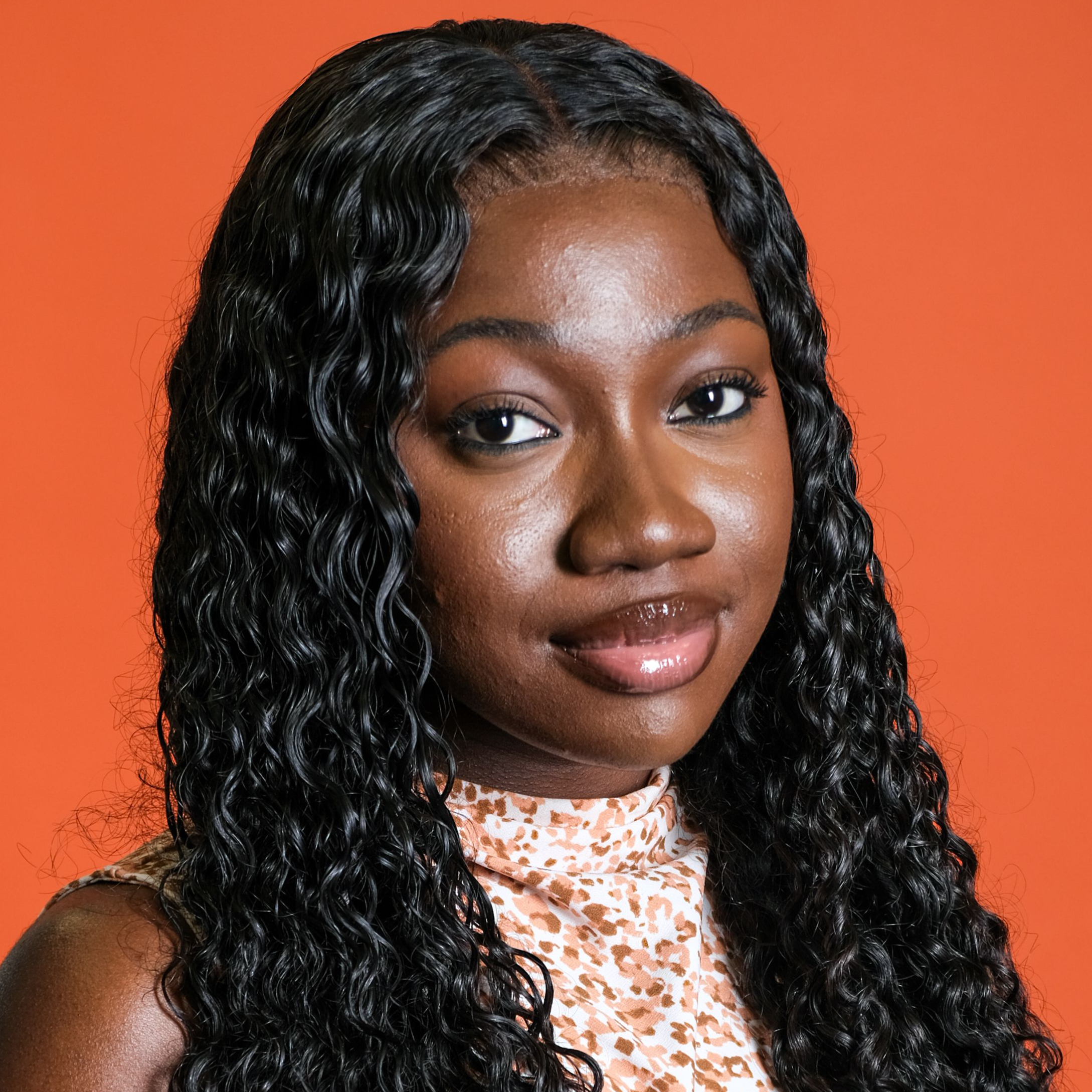As a teenager, Alan Guyan crafted tools for the automotive industry in a small machine shop in Northern Kentucky.
“When I was young, I couldn’t resist the temptation of telling people I could make anything,” Guyan said.
Now 46 and a Marylander for the past two decades, Guyan is still creating. In 2021, Guyan started Made Plus, an Annapolis-based footwear manufacturer of boating, casual and pickleball shoes.
Guyan, whose family lived in Ohio before moving to Kentucky, studied machine tool engineering and mechanical engineering and industrial design in college. He landed in Maryland for a job leading design and manufacturing innovation at the Baltimore sports apparel company Under Armour, where he worked for about a decade.
Guyan said sustainability is a big part of his brand. The company’s signature shoes, knitted with thick soles, are handcrafted and assembled in its factory in an office park on Admiral Cochrane Drive. Each shoe is made using recycled plastic bottles, is customizable and made to order to reduce environmental waste. There’s no retail store — yet — but his shoes are available through Made Plus’s website for about $200.
The team of 15 behind Made Plus is made up of local craftsmen and footwear veterans from Nike, New Balance and Sketchers. Together, they have streamlined the manufacturing process through advanced knitting and 3D printing.
“I wanted to make shoes somehow,” Guyan said. “And I wanted to change the way we make them.”
Why did you go into the footwear industry?
It’s been a long journey to discover which product I wanted to make for my own business. When I worked at Under Armour, it sparked a “this is kind of cool. I like making shoes. This is kind of fun.”
But I noticed a lot of overproduction in footwear. I wanted to make shoes a little bit differently. I wanted the shoes to have less waste and be made locally.
If I started this business at 25 years old, I would probably fail, if I’m going to be honest. It took me a lifetime of curating my skills.


Can you talk about your company’s sustainable manufacturing process?
I try to be ethical in making our products during the manufacturing process.
Most athletic shoes see between 350 to 380 steps in the process. Our first goal was to make shoes with 50 steps or less to limit waste, which was a tough goal. The technology offering and what you can actually do become very challenging. At Made Plus, the advanced knitting techniques we use take out a giant chunk of steps.
We repurpose yarn, made from recycled water bottles, and then the yarn is made into a knit structure. We remove a lot of foam out of our shoes because we believe in a sock-like fit. The technique deconstructs traditional athletic footwear.
What motivates you and what memorable moments have you had?
Making something new. When I first created the custom engine to do customization for customers, what surprised me was what the customers came up with. I’m like, “it looks pretty awesome. We didn’t think about that, or think those two colors would go well.”


Instead of designing shoes for a season, I designed a platform for infinity.
One time, we had a lady sail around the world in like 3,200 miles in our shoes. Another time, I saw a guy from a distance. He had on my shoes. This is my favorite stuff, a shoe being in the wild.
What does a day in your business look like?
I wake up, and I’m grateful for the opportunity to have this business. It has been a lifelong passion of mine to have a factory and make my own product.
It usually starts with the kids in the morning and dropping them off at school. Then it goes right into the business, checking with the team, taking calls, meetings and working on projects. From 6 p.m. to 9 p.m. is family time, and 9 p.m. to 2 a.m. is business product time. This goes on just about every day.

Sometimes I take Saturdays off and just kind of relax — don’t worry about the business.
What’s something you wish people knew about your business or the footwear industry at large?
Annapolis, and in fact, Maryland, is traditionally not a manufacturing location. Where I’m originally from, Ohio, there’s a factory on almost every corner. I spent my entire life trying to come out here, only to see that manufacturing is not front and center. This creates a challenge with the labor force and the type of labor you can get. We had to bring a few people from out of state.
But I’ve seen improvement in the workforce. The last handful of hires we’ve had have been super local to Annapolis, and that has actually helped out tremendously because they are tapped into the DNA of Annapolis. I wanted to have a good, rich boating story. I mean, the Chesapeake Bay is right at our fingertips.

When you think about the future, what’s next for you? What are you looking forward to doing?
We’re going to be dabbling in the retail environment here [in Annapolis] soon, which would be our own brick-and-mortar.
It makes me kind of nervous because it’s a whole other business itself. We are in the final stages of the contract for the lease. We have so much that needs to be done, and we’re just not there yet. It’s not time to celebrate. It’s time to buckle down and go after it.
This interview has been edited for length and clarity.





Comments
Welcome to The Banner's subscriber-only commenting community. Please review our community guidelines.